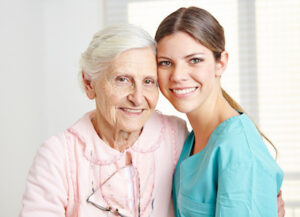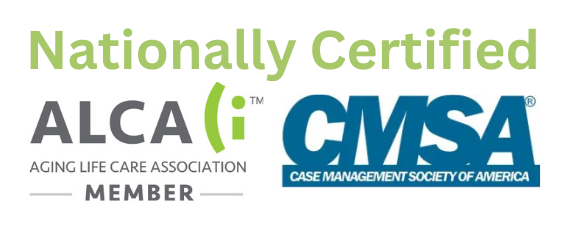 Today’s world is challenging, particularly as we age. It has become so challenging that we have set aside a day, World Elder Abuse Awareness Day, to acknowledge and educate people on the importance of ensuring the rights of the elderly within our communities to live out their lives free from abuse, neglect, and financial exploitation.
Today’s world is challenging, particularly as we age. It has become so challenging that we have set aside a day, World Elder Abuse Awareness Day, to acknowledge and educate people on the importance of ensuring the rights of the elderly within our communities to live out their lives free from abuse, neglect, and financial exploitation.
Sadly, the elderly are particularly vulnerable to exploitation. All too often, they need to be protected from biological, psychological, societal, and financial abuses from within and many times outside of their immediate family situations.
How do we, individually, and as a society, work to identify, correct, and prevent elder abuse?
Here are some steps to take:
- Avoid Isolating Elders.
- Learn to Identify Red Flags.
- Connect With Community Resources.
- Identify Scams and Frauds.
- Encourage the Elderly to Talk.
Avoid Isolating our Elderly Loved Ones
Social isolation at any age is difficult. Strong social networks help us thrive throughout our lives and are especially important as we age. Individual family members can help their aging relatives by simply staying in touch and ensuring that they are doing well. Whether living on their own or within an institution, the elderly need social interactions.
Isolation is one of the main causes of depression, sadness, and loneliness. You can help the older people in your lives to thrive by helping them to stay connected.
Identifying ‘Red Flags’ and Risky Behavior
Identifying risk factors associated with caring for an elderly loved one will help you prevent abuse. If you are a caregiver, look for trusted people who can help provide you with breaks so that you do not become too stressed or overwhelmed in your role. Also look for signs of stress in your colleagues. Overburdened caregivers are more likely to become perpetrators of elder abuse.
If your loved one is in a nursing facility, be sure to stay involved in order to ensure that they are receiving good care from the staff. Pay attention to changes in their behavior, mood, or appearance.
Elderly relatives living on their own often need help with medication and housekeeping routines but prefer living in their own home. If this is the case, educate your elderly relative on how to avoid solicitors and scam artists. Encourage them to consult their lawyer or trusted friend or relative before signing any documents or making financial decisions.
Connect With Community Resources
Most communities have a variety of resources to help address social isolation and abuse of the elderly. From Adult Protective Services to senior Long-Term Care, there are programs that advocate for residents of elder care facilities as well as for seniors living on their own or with a family member.
The Eldercare Locator can connect seniors and/or their providers to the various programs available in their immediate area.
The National Council on Aging runs a non-profit website, Benefits Check Up that also provides programs and services that suit the particular needs of seniors and the elderly.
Programs vary by state and region, but there are many community resources available through federal, state, community, and church organizations.
Identify Scams and Frauds
Mystery callers with unsolicited, exclusive investment opportunities are to be avoided by all of us, but they continue to steal millions of dollars each year from vulnerable seniors.
What to do to avoid scams.
- Sign up for Do Not Call Registry (888-382-1222) to reduce telemarketing calls.
- Report suspected Social Security fraud at 800-269-0271.
- Never give out credit card, banking, Social Security, Medicare, or other personal information over the phone unless you have initiated the call.
- Get legal advice or check with a trusted friend or family member before signing anything that you do not completely understand.
Never be afraid, or too polite to hang up on someone who insists on talking after you’ve said no. It’s okay to hang up and there would be fewer successful frauds if more people did so.
Encourage the Elderly to Talk
Often, elder victims of abuse, neglect, and financial exploitation are ashamed, leading them to remain silent about what has happened to them. It is important to make it clear to seniors that they should never feel embarrassed or responsible for being abused.
By sharing their experiences, they are likely to realize how common these unfortunate experiences are, and raising awareness makes it easier to prevent the same things happening to other people.
World Elder Abuse Awareness Day is dedicated to eradicating abuse of the elderly. For more information on what you can do, check out the National Center on Elder Abuse, an Administration for Community Living resource center. You can also contact your SCM Care Manager for more information.






